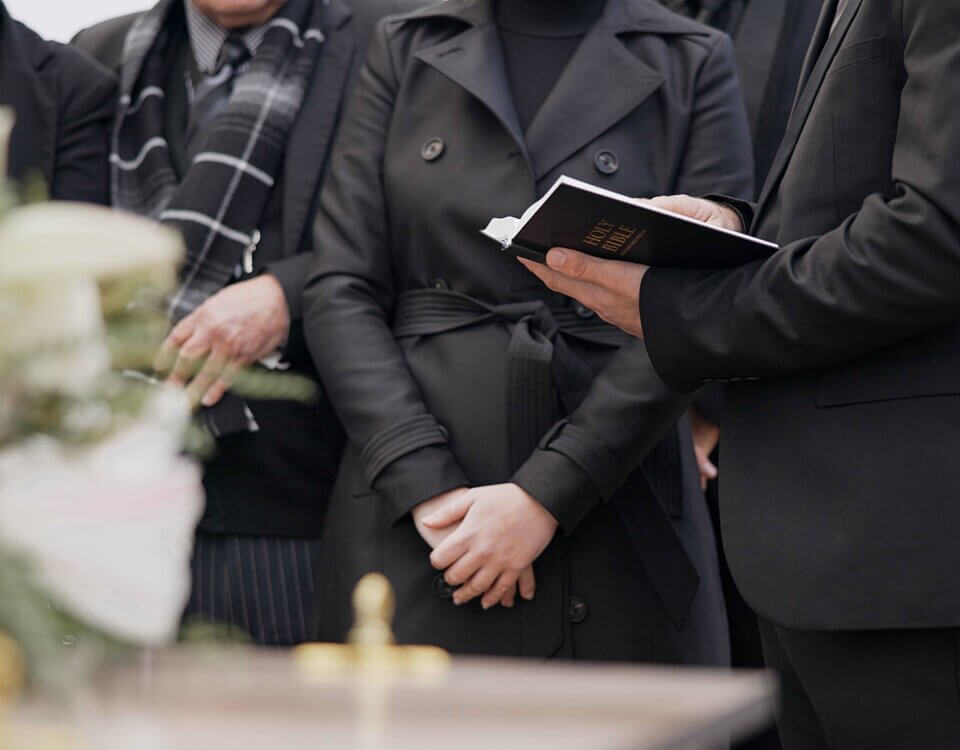Losing someone because of a hospital’s medical error is devastating. When that loss happens because of negligence, their loved ones may have the right to hold the hospital accountable through a wrongful death claim. This guide explains how that process works and what to expect along the way.
When Can You Sue a Hospital for Wrongful Death?
Not every death in a hospital qualifies for a wrongful death lawsuit. To have a valid claim:
- The hospital or medical staff must have owed a duty of care to the patient
- Their conduct must have deviated from the accepted medical standard
- That breach of care must have caused or significantly contributed to the death
- You must be an eligible survivor or family member under your state’s laws
If these elements are present, you may file a lawsuit against the hospital to seek justice and compensation.
What Factors Influence a Hospital Wrongful Death Case?
A number of variables affect how strong the case may be and what compensation is possible:
- Severity of harm and evidence: The more direct and compelling the medical records, expert testimony, and circumstances connecting negligence to death, the stronger the claim
- Costs and losses before death: Expenses incurred for the victim’s medical treatment, pain and suffering before death, funeral and burial costs
- Caps or limits imposed by law: Many states impose statutory limits on how much can be recovered in medical malpractice or wrongful death cases
- Liability and insurance: Whether the hospital carried sufficient malpractice coverage and whether any third parties share fault
States differ in how they treat these cases, so local rules are very important.
Types of Damages You Can Seek
When pursuing a wrongful death claim against a hospital, you can generally seek both economic and noneconomic damages, and in rare cases punitive damages.
- Economic damages: These are measurable financial losses such as medical bills prior to death, funeral and burial costs, lost wages or support, and any other out-of-pocket losses
- Noneconomic damages: These include compensation for pain and suffering of the deceased before death, emotional anguish of family members, loss of companionship, and reduced quality of life
- Punitive damages: In some jurisdictions, when hospital negligence was particularly reckless or willful, punitive damages may be awarded to punish the wrongdoer and deter future misconduct
Punitive damages are uncommon and allowed only under specific conditions.
How to Build a Strong Case
In order to effectively sue a hospital for wrongful death, you’ll want to:
- Collect all medical records and hospital documentation
- Retain qualified medical and expert witnesses to establish standard of care and causation
- Ensure timely filing of claims, as statutes of limitation apply
- Work with attorneys experienced in hospital malpractice and wrongful death claims
- Gather evidence of economic and noneconomic losses to properly value the case
A skilled legal team can help you navigate the numerous medical and legal complexities involved.
Time Limits and Procedural Rules
One of the most critical points is that wrongful death actions are bound by strict deadlines. Each state has a statute of limitations that dictates how long after the death you have to file suit. If you miss that deadline, your case may be dismissed regardless of its merits.
Why Choose Hillstone Law for Hospital Wrongful Death Cases
Hospital wrongful death claims are among the most intricate and high-stakes. At Hillstone Law, we bring deep expertise in medical malpractice, wrongful death litigation, and navigating healthcare regulations. We handle all phases of the case from investigation, working with medical experts, gathering evidence, to negotiating or litigating for maximum compensation.
We understand the profound emotional and financial impact such a loss causes. Our commitment is to pursue justice for your loved one while easing the legal burden on you and your family.
Note: These blog posts are created solely for the use of Hillstone Law. The information is gathered from internet research, publicly available sources, and artificial intelligence (AI) tools such as ChatGPT. While we aim to share helpful and educational content, Hillstone Law does not independently verify every detail. Some information may be incomplete, outdated, or subject to change without notice. If you believe any part of a post is inaccurate, misleading, or infringes upon copyright, please contact Hillstone Law immediately so we can review it and take appropriate action, including correction or removal.
Disclaimer: The material provided in these blogs is for general informational purposes only and should not be considered legal advice. Reading these posts does not create, and is not intended to create, an attorney-client relationship with Hillstone Law. Our intent is to share knowledge, raise awareness, and provide helpful resources to the public; however, Hillstone Law makes no warranties or guarantees about the accuracy, completeness, or reliability of the information provided, and expressly disclaims liability for any actions taken in reliance on it. The photos used in these posts are for illustrative purposes only and do not depict actual clients, individuals, or incidents unless expressly stated. If you or a loved one has been injured in an accident, please contact Hillstone Law at (855) 691-1691. Our attorneys are available to answer your legal questions and help you understand your rights.








